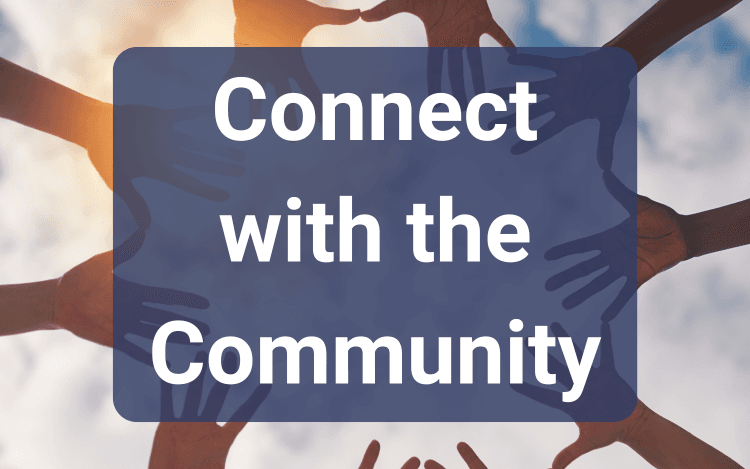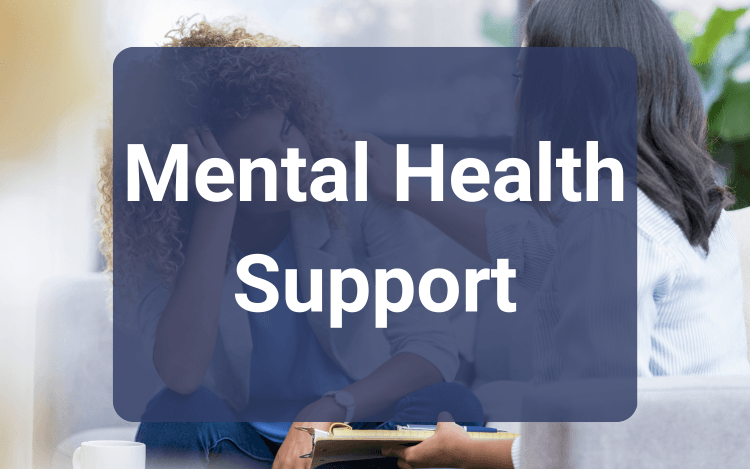Mental health is defined as "a state of well-being in which an individual realizes their own abilities, can cope with the normal stresses of life, can work productively and fruitfully, and is able to make a contribution to their community." (World Health Organization)
Children and adults living with Usher syndrome are vibrant, active, and contributing members of the community. They have told us that the progressive and unpredictable loss of vision which is one of the hallmarks of Usher can impact a person’s ability to maintain a healthy state of well-being. While there hasn’t been a great deal of published research about the impact of Usher syndrome on mental health, YOU have asked us questions, shared stories, and expressed concerns about your mental health or the mental health of a loved one living with Usher syndrome.
At the Usher Syndrome Coalition, we want you to know that YOU ARE NOT ALONE. The Coalition’s passion is building and supporting the Usher community. While much of our focus has been on bringing the research community together, we are equally focused on identifying and creating resources to support you.
Above, you'll find a growing list of resources shared with us by the community. If you know of other resources, please email us at info@usher-syndrome.org.
Disclaimer: The information and resources on this website are provided for educational and informational purposes only and do not provide medical or treatment advice. You understand that such information is not intended nor otherwise implied to be medical advice or a substitute for medical advice, diagnosis, or treatment. The information should not be a substitute nor replacement for advice from a mental health or medical professional. You agree not to use any information found on our website to diagnose or treat a mental health, psychiatric illness, or medical disorder. Do not ignore advice from a mental health or medical professional because of the information you read on our website or the Internet.
988
24/7 Crisis & Support
If you are experiencing a mental health crisis, call or text 988.
988 Lifeline's resources for people who are Deaf or Hard of Hearing
International suicide and crisis hotlines










